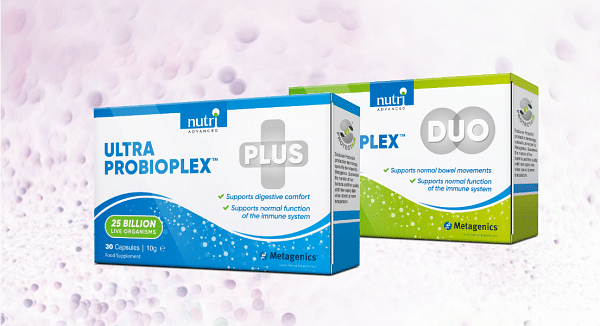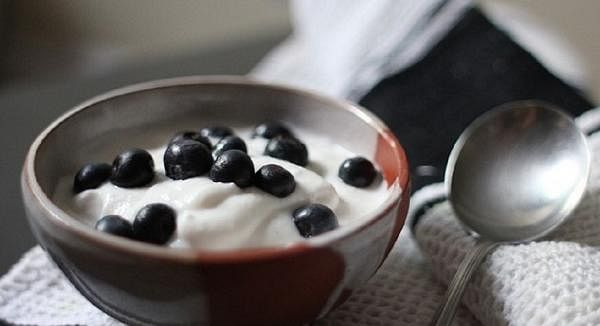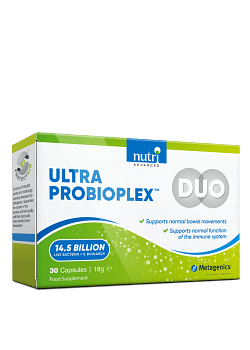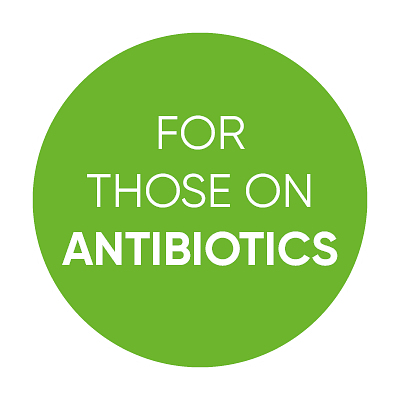The Surprising History of Probiotics in Animals
Why you can trust Nutri Advanced Every article on our site is researched thoroughly by our team of highly qualified nutritionists. Find out more about our editorial process.
Most people nowadays have heard of probiotics, thanks probably to mainstream yoghurt drinks that claim to improve your digestive health (if you want to know if they’re actually doing you any good make sure you read next week’s newsletter!) Not many people know however, the interesting history that probiotics were first used as a dietary supplement in animals!
Animals have good bacteria too!
We have a whole other microscopic world living inside us – a huge mass of bacteria that actually contains more cells than there are in our entire body! And the same is true for animals too. Keeping this microscopic world healthy and balanced underpins many aspects of good health, from immune to digestive function and beyond. Probiotics are commonly known as ‘good bacteria’ and can be taken in supplement form to help keep this microscopic world well balanced.
Probiotics given to animals in the 1970s
When we raise, breed and keep animals for our benefit, especially as a source of food, we carry the responsibility of their welfare and health too. The priority should be to keep animals as healthy and well as possible, both physically and mentally, without undue stress. Probiotics have been given to animals through their feed dating back to the 1970’s. The original reasoning behind this was to improve the animal’s growth as well as their resistance to disease.
Many vets routinely recommend probiotics
Past studies on pigs of all ages have resulted in very positive outcomes when they were given beneficial bacteria in probiotic supplement form. In a more recent study, probiotic supplementation in piglets was found to reduce the negative effects of stress on digestive and immune function. Many vets now recommend therapeutic probiotic treatment when managing the health of their animal patients, especially cats and dogs, when it comes to dealing with either acute or chronic diarrhoea or alongside antibiotic treatment.
Support your own gut flora (and maybe that of your pets too!)
More and more studies now attest to the importance of nurturing a healthy internal microscopic world. And there is growing evidence to support the use of probiotics for diverse disease conditions such as chronic abnormalities of the gut, liver disease, allergies, obesity and diabetes, and even disorders of mood and behaviour. There is much still to learn about this complex subject, but what we do know is that it is essential to do what you can to support a healthy balance of good bacteria in your gut, and perhaps you can spare a thought for your pets gut flora too!
This website and its content is copyright of Nutri Advanced ©. All rights reserved. See our terms & conditions for more detail.
Nutri Advanced has a thorough research process and for any references included, each source is scrutinised beforehand. We aim to use the highest value source where possible, referencing peer-reviewed journals and official guidelines in the first instance before alternatives. You can learn more about how we ensure our content is accurate at time of publication on our editorial policy.
Most Popular Articles
-
7 Surprising Ways To Support Your Magnesium
If you are displaying signs of a magnesium deficiency, here are 7 ways to boost your magnesium levels that are easy to incorporate into your daily life. -
5 Best Vitamin C Supplements Picked By Our Experts
Learn more about the different types of vitamin C, the different benefits you get from different types, and what you get for spending more on a good supplement. -
Top 5 Vitamins For Energy And Tiredness Picked By Our Experts
The 5 best and most important vitamins for energy & tiredness including B vitamin food sources & best supplement forms for energy. -
Benefits of Myo-Inositol for Polycystic Ovary Syndrome (PCOS)
In this research review article, we take a closer look at a lesser-known natural compound called myo-inositol that has been found to have significant potential to improve many of the prevalent features of PCOS. -
Top 10 Reasons to Give Your Kids Omega-3
Read the top 10 reasons that kids should have plenty of Omega-3- an essential fatty acid- including for depression, brain function, sleep & reading/maths skills.















